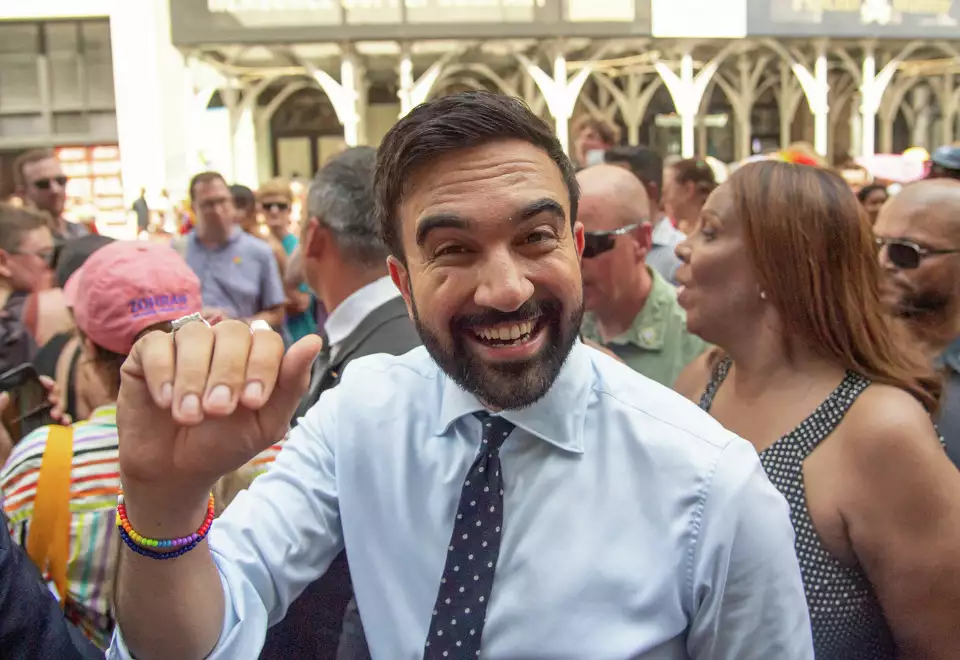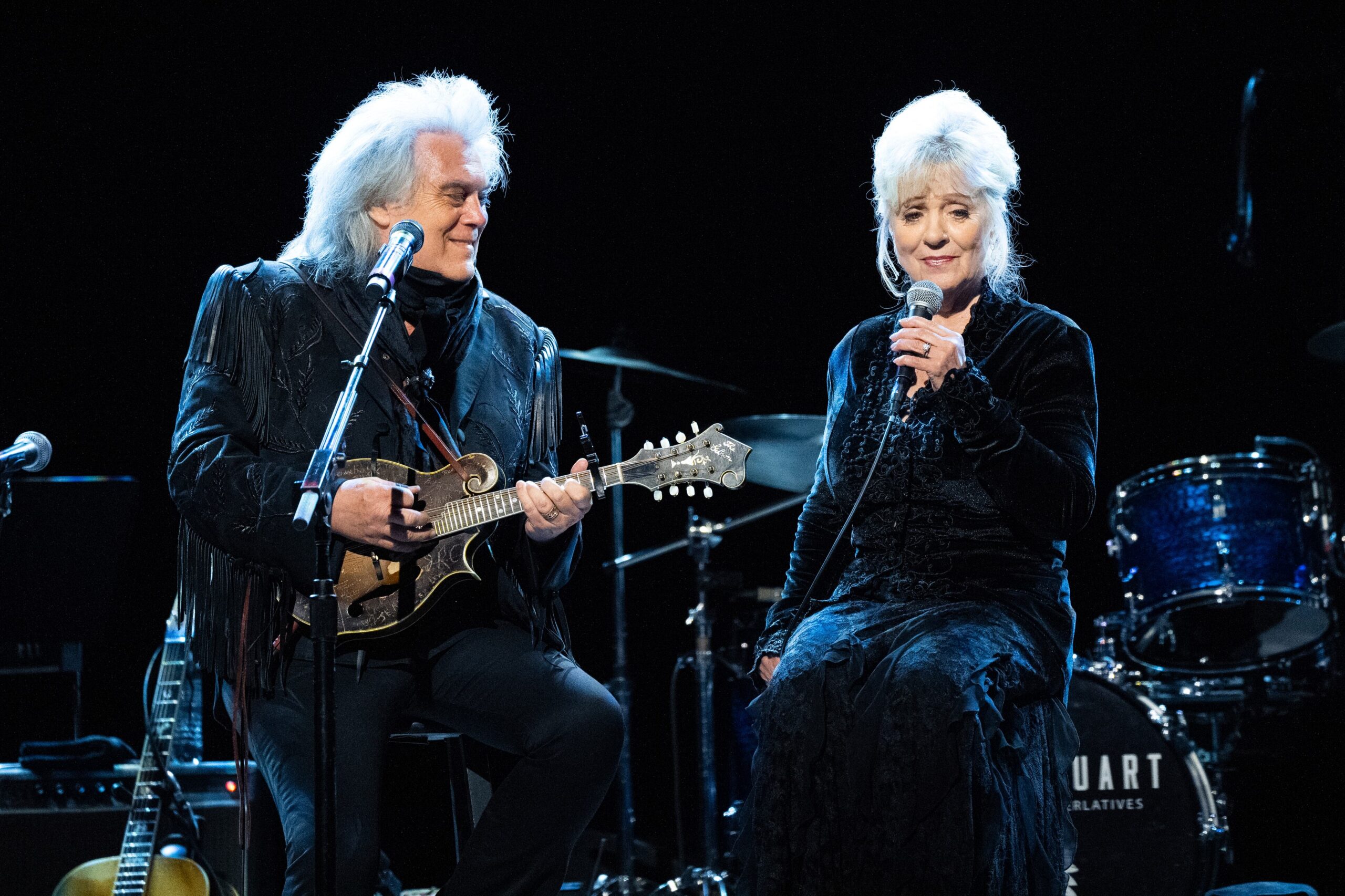The Democratic Socialist and presumed Democratic candidate for mayor of New York City, Zohran Mamdani, is facing increasing criticism for comments and behaviors that opponents say are un-American or, in their own words, indicative of a Third World City mentality.
A Racial and Cultural Swipe Sparks Political Firestorm
After watching a campaign video in which Mamdani was seen eating rice with his hands, Texas Republican Congressman Brandon Gill mocked him, sparking the issue. Given that hand-eating is a typical cultural practice in many cuisines, Gill’s remark ordering the candidate to return to the Third World was widely condemned as xenophobic. As analysts and pundits portrayed Mamdani’s words and attitude as blatantly anti-establishment and at variance with conventional political decorum, the backlash intensified.
From Rent Scandal to Global Politics
Mamdani has been under intense scrutiny for his own housing predicament, which has added to the cultural criticism. He has been accused of hypocrisy by critics, including as former Governor Andrew Cuomo and Mayor Eric Adams, for living in a rent-stabilized apartment despite earning over $140,000 a year and hailing from an affluent family. Cuomo even enacted what is known as Zohran’s Law, which targets wealthy people who live in reasonably priced housing. In response, Mamdani promised to leave the residence.
Mamdani’s political stance on the Israel-Palestine conflict has also come under fire at the same time. He was first hesitant to openly disassociate himself from the slogan “globalize the intifada,” but he eventually did so after receiving criticism that the wording might be taken as inciting violence or expressing antisemitism.
Critics Sound the Alarm
Conservative and business voices have been particularly loud. Analysts claim that Mamdani’s initiatives, which range from free bus fares and rent freezes to harsh criticism of world powers, go against accepted political and economic standards.One columnist raised concerns about his radical program upending the established quo by portraying his worldview as being more influenced by socialist theory and Third World experience than by actual governance.
What Lies Ahead
Mamdani’s campaign finds itself at a turning point as the mayoral contest heats up. His fans view him as a symbol of audacious, forward-thinking change, while his detractors portray him as an outsider questioning New York’s political customs. Now, the focus is on whether his campaign can inspire voters who want structural change or turn off those who are uncomfortable with the Third World City moniker and the scandals that go along with it.












